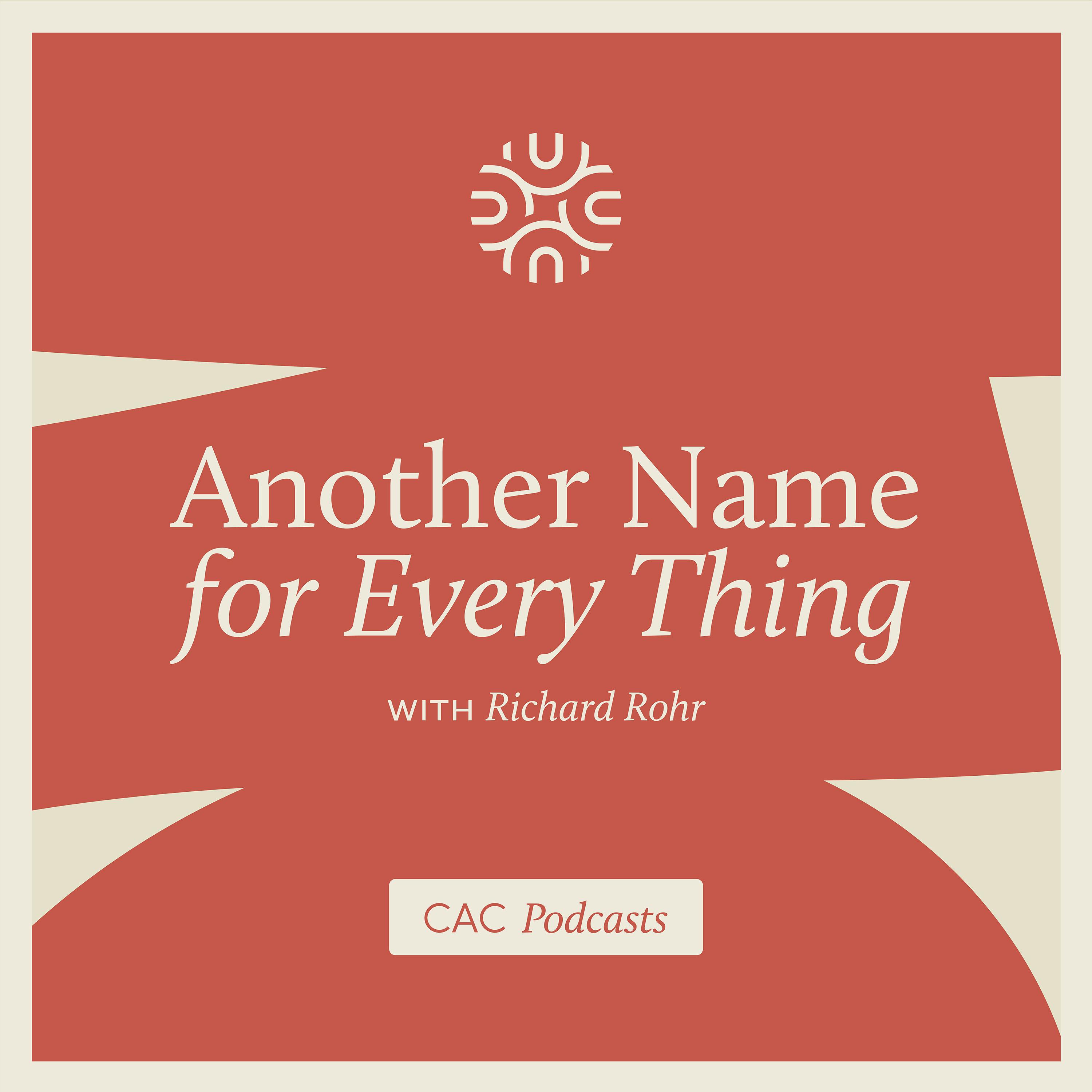
SOLACE: Soul + Grief
This podcast is sponsored by SOULPLUSGRACE serving the San José/Santa Cruz area, offering grief support and grief journeying with spirituality. I hope to help you travel through grief with God at your side.
"I am a trained Spiritual Director for those who seek to complete the 19th Annotation of St. Igantius’ spiritual exercises OR seek spiritual direction while grieving. I have also worked as a hospital/cemetery chaplain and grief doula. I believe all paths lead to God and that all traditions are due respect and honour. I take my sacred inspiration from all of my patients and companions–past, present and future; the Dalai Lama, James Tissot, St. John of the Cross, the Buddha, Saint Teresa of Ávila, and, of course, Íñigo who became known as St. Ignatius. I utilize art, poetry, music, aromatherapy, yoga, lectio divina, prayer and meditation in my self-work and work with others. I believe in creating a sacred space for listening; even in the most incongruous of surroundings."
BACKGROUND
- Jesuit Retreat Center, Los Altos, CA -- Pierre Favre Program, 3 year training to give the Spiritual Exercises of Saint Ignatius
- Centro de Espiritualidad de Loyola, Spain -- The Spiritual Exercises of St Ignatius of Loyola -- 30 Day Silent Retreat
- Center for Loss & Life Transition – Comprehensive Bereavement Skills Training (30 hrs) Ft. Collins, CO
- California State University Institute for Palliative Care--Palliative Care Chaplaincy Specialty Cert. (90 hrs)
- Sequoia Hospital, Redwood City, CA -- Clinical Pastoral Education
- 19th Annotation with Fumiaki Tosu, San Jose, CA, Spiritual Exercises of St. Ignatius
- Santa Clara University, Santa Clara, CA M.A. – Pastoral Ministries
CONTACT ME: candeelucas@soulplusgrace.com with questions to be answered in future episodes.
SOLACE: Soul + Grief
Grief Has No Stages, But A Path
Use Left/Right to seek, Home/End to jump to start or end. Hold shift to jump forward or backward.
We share a gentle guide to facing holidays and anniversaries after loss, with practical tools that reduce pressure and honor love. We explain why grief isn’t linear, how waves return, and how faith, ritual, and support help you endure and heal. (See: hospicefoundation.org)
• choosing plans and rituals that fit your energy
• communicating needs and setting expectations with family
• compromising so different grief styles can coexist
• understanding anticipatory grief and the dual process model
• recognizing triggers and normalizing waves years later
• seeking professional help when function does not return
• practicing continuing bonds through simple, personal acts
• leaning on prayer and spiritual presence for comfort
If you have questions about spiritual direction while grieving, or grief support or grief groups in your community, my contact information is in the show notes.
SPIRITUAL DIRECTION WHILE GRIEVING IS AVAILABLE
Art: https://www.etsy.com/shop/vasonaArts?ref=seller-platform-mcnav
and https://fineartamerica.com/profiles/candee-lucas
https://www.amazon.com/dp/B0F2SFH4Z6
Music and sound effects today by: via Pixabay
Welcome to Solace: Soul + Grief. I'm glad you decided to join me today. My name is Candee Lucas. I'm a grief chaplain and spiritual director. I was trained by the Jesuits at Santa Clara University and at the Jesuit Retreat Center in Los Altos, California. When we started this ministry, we'd hope to reach out to those who are grieving, both those with fresh grief and those who've been on the grief path for a while. Understanding these groups and those in between have very different needs. We hope to create a catalogue of information and helpful messages, meditations, and prayers. So feel free to look at the catalog or revisit the catalogue from time to time. As you may be in a different grief place. And there may be information that I recorded two or three years ago that could be quite useful right now. Thanks for being with us.
CANDEE:I was recently reminded of an article published back in 2014 by the Hospice Foundation of America about coping with grief, especially as related to holidays. And as we approach that holiday season, it's worthwhile to remember some of those skills that we've learned along the way to help us make it through those harder seasons of anniversaries and holidays. You might check out the information on their website at hospicefoundation.org. (one word) For those who are grieving, special days such as holidays and anniversaries associated with the deceased can be especially hard. Acknowledging the challenge of facing these days does not make a potentially difficult time any easier, but preparing for them by tapping into helpful coping strategies may provide some much needed comfort. Follow these three C's recommended by HFA Senior Vice President of Grief Programs, Kenneth J. Doka, PhD M Div, to help navigate your way through a holiday, anniversary, or any day when grief is especially intense.
CANDEE:Number one Choose. On anniversaries and during holidays, it can be easy to feel obligated to be part of activities or events that have the potential to increase your pain. Remember that you have choices. Decide what activities you want to be part of, who you want to be with, and what you want to do. After her husband died, June was invited and felt pressured to join her sister-in-law for Hanukkah celebrations. She decided that she would retain the freedom to choose where she wanted to be until that morning. I never know how much energy I'll have or how I'll feel until that day, she explained. She decided to eat dinner with a few women she knew through a widow support group and chose to go to her sister-in-law's house for dessert. Choosing personal ways to recognize and acknowledge the person who has died may help bring a more positive focus to your grief. Lighting a candle, creating your own ritual, placing a memento on a tree, holding a moment of silence, giving a toast. These are simple ways to acknowledge the losses felt so deeply, especially on holidays and anniversaries. Discussing your choices with others is important, as their ways of dealing with grief may be different. June, for example, talked with her sister-in-law, explained her feelings, and asked if she could make a decision that day. Once her sister-in-law understood June's feelings and needs, she understood the need for flexibility.
CANDEE:Communicating about your choices can be especially important around holidays and other special occasions, as there may be long-standing traditions or expectations involved. The Smith family, for example, had a long discussion about how to handle the Christmas tree following the death of one of their children. You can understand how this type of frank communication, although it may seem difficult at the time, can lead to a more harmonious holiday or anniversary. three, compromise. Each person deals with the loss in his or own particular way and therefore has different needs. There is no right, no wrong way to grieve. Leaving space for compromise is very important. For example, some people in the Smith family saw the Christmas tree as an important tribute to their late son and brother. Other family members felt that it was disrespectful. Family was able to talk through each point of view and decided to have a small tree, not in the main living room, but in the family room. Those who wanted to help decorate were welcome, but those who chose not to would also be respected. Nothing changes the fact that holidays, anniversaries, and other special days can be especially difficult while grieving. But if you choose your actions, communicate your choices to others, and find suitable compromises, you may find that they become bearable and that you have renewed strength and hope.
CANDEE:Remember that grief is a reaction to loss, and like a fingerprint, it's different for everyone. Many factors influence how you experience and express grief, including your relationship to the person who has died, the circumstances of the death, and your own culture and spirituality. Grief is not always about the death of someone you love. You may experience grief after an animal companion dies, or after the loss of a relationship or a job, or your own independence perhaps due to an injury or illness. One misconception is that grief occurs in a series of five stages. The truth experts agree is that grief doesn't follow a predictable path. The grieving process can begin even before a loved one dies, when losses associated with illness and decline begin to mount. This is called anticipatory grief. No calendar can accurately predict your adjustment to loss. Typically, that raw grief lessens over time. Its intensity fades and it becomes manageable, but it never truly disappears. For example, you may feel you're coping well after a loss and re-engaging with other aspects of life, and then suddenly you're overwhelmed by deep feelings of grief. Experts call this back and forth the dual process model, and it describes how we eventually adjust to loss.
CANDEE:Even years after loss, a song, a scent, or something you may see may bring up a special memory of your loved one, and with it a strong wave of grief. This may feel jarring or it may bring comfort. In any case, you should know it is a common experience. If your grief does not subside with time, and if you are unable somehow to return to your prior level of functioning several months after a loss, it is important to seek the help of a grief counseling professional. It is essential to get professional help if you consider harming yourself or someone else. These are some of the potential complications of unresolved grief. Try to be gentle with yourself as you grieve. Remember that we always maintain a bond with the person who has died. The lessening of grief is not the end of the attachment to your loved one. Your memories of them will live on. You should learn about continuing bonds and how to maintain a connection. There are different styles of grieving. Some people can talk about their grief, while others can't find words to describe how they feel. Some may cry or wail or shout. Others can barely speak. Some may be exhausted by grief, while others channel their emotions into activity. Each of these responses is normal and natural. Whatever your grief style, it is not the measure of your love for the person who has died. It is singularly yours. Grief can make you profoundly uncomfortable, physically, emotionally, cognitively, and or spiritually. That is why we offer this podcast ---to remember the place of God in our lives, to remember the place of God in our grieving, to remember that no matter our emotions, God is always available to us; to walk with us, to sit with us, to absorb our pain or grief or agony or fear or anger. A loving God has his hand out to you, has an open heart for you, and is always willing to take you into his arms.
CANDEE:That concludes another episode. A new one drops every Friday morning. You can find us on Amazon Spotify or Apple Music. If you need more information about grief support or spiritual direction while grieving, my contact information is in the show notes. Be gentle with yourself this week. Travel with God near you. Vaya con Dios.
Podcasts we love
Check out these other fine podcasts recommended by us, not an algorithm.
IKAR Podcasts
IKAR
All There Is with Anderson Cooper
CNN Podcasts
The Examen with Fr. James Martin, SJ
America Media
Jesuitical
America Media
What's Your Grief Podcast
Eleanor Haley & Litsa Williams
The Spiritual Life with Fr. James Martin, S.J.
America Media
Sensible: Down-to-Earth Spiritual Exercises
Ignatian Center for Jesuit Education
Inside The Vatican
America Media
Another Name For Every Thing with Richard Rohr
Center for Action and Contemplation